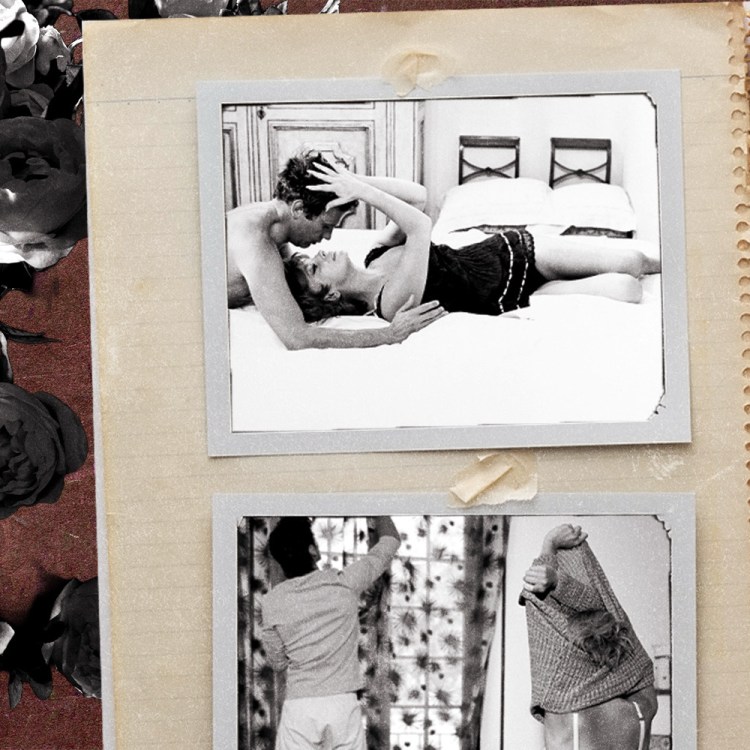It turns out we can learn a lot about the ever-evolving landscape of modern sexuality from the daughters of New York politicians. Earlier this year, Caroline Rose Giuliani, daughter of former New York City mayor Rudy Giuliani, introduced the world to a very new kind of “unicorn” in a Vanity Fair essay about her experience joining couples in consensually non-monogamous bliss, and just this week, Governor Andrew Cuomo’s daughter Michaela Kennedy-Cuomo came out as demisexual, introducing many people to the sexual identity for the first time.
Like any sexual identity, demisexuality can mean many different things to many different demisexuals. But in its most basic form, demisexuality, which is often considered part of the asexual spectrum, describes highly selective sexual attraction that is only felt in very specific contexts. Often, that context involves a strong emotional or intellectual connection to another person, meaning most demisexuals aren’t interested in casual sex or hookups. Demisexuality is sometimes also referred to as semi-sexuality or “gray sexuality,” with some demisexual individuals identifying closer to the asexual end of the spectrum while others consider themselves more allosexual. As Cosmopolitan notes, while demisexuality “indicates potential interest in sex,” not all demisexuals actually are sexually active or are interested in becoming so. Demisexuals who identify more closely with asexuality may not be interested in acting on any feelings of sexual attraction they happen to experience.
Opening up about her demisexual identity during an Instagram Live with author Donato Tramuto over the weekend, Kennedy-Cuomo described how her sexual identity has shifted over the years: “When I was in elementary school, I feared that I was lesbian. When I was in middle school, I came out to my family and close friends as bisexual. When I was in high school, I discovered pansexuality and thought, ‘That’s the flag for me.’ And I’ve recently learned more about demisexuality, and have believed that that identity resonates with me most.” Kennedy-Cuomo added that she feared her coming out would be dismissed as “attention-seeking” behavior, expressing a hope for a future “in which nobody will have to come out, because everybody’s sexuality will be assumed fluid.”
Like many entries in our culture’s growing sexual lexicon, demisexuality itself isn’t anything new. The term itself dates back to at least 2006 and has been gaining mainstream attention since the mid-2010s, but demisexuality is simply a new term to describe something that has been around since well before the 21st century: a more nuanced experience of sexuality than rigid social mores have previously allowed language for.
The Charge will help you move better, think clearer and stay in the game longer. Subscribe to our wellness newsletter today.


















